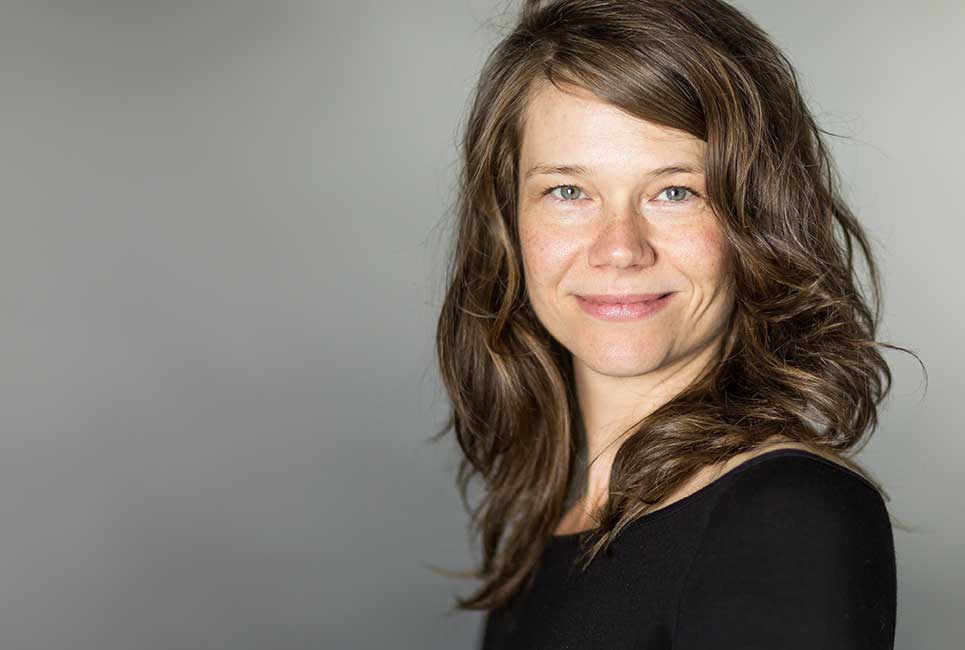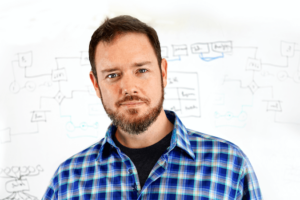
Exclusive interview with the founder of Impact Mapper, Alexandra Pittman
Subscribe to this show on iTunes | Stitcher | Soundcloud
Data, data, data. It’s said to be the new currency.
What is it telling you? How are you tracking it? Does it matter?
We are becoming a world inundated by data and yes it matters…a lot.
The insights you gather allow you to effectively optimize your work for greater impact. But what insights are you getting? What are you missing?
Many of our current tools for tracking social change are overly burdensome and focused on minutiae that take creative time and energy away from the field. More often than not, we privilege quantitative metrics in the sector, often because they are easier to measure, but they don’t tell the whole story—especially when thinking about longer-term societal change processes, like increasing human rights and eradicating racial and gender inequalities, which takes longer than 2-3 years to achieve. This means that we might not be funding the right change-makers that will truly transform the world and end social, racial and gender inequalities. We can and must do more.
Alexandra and her team have built a platform to make it easy for users to track trends lying latent with stories, and other text data formats, so they can be tracked along with other quantitative metrics. They help organizations think through what data could be useful and a catalyzing force for good in communities.
The concept is built on a strong foundation of social justice values (equality, participation, voice) and based on the needs of and collaborations with feminist, human rights and social justice advocates and evaluators.
Some of the questions I asked Alexandra…
- How was Impact Mapper started?
- How did you fund the first development of the software?
- What were some of the big challenges you faced in this process?
- What kind of data have you found to be important for measuring impact?
- What is the triangle of elements?
- How do they manage people’s learning curve?
- Who is Impact Mapper for?
- How do people get involved?
Plus so much more…
You might also enjoy:






